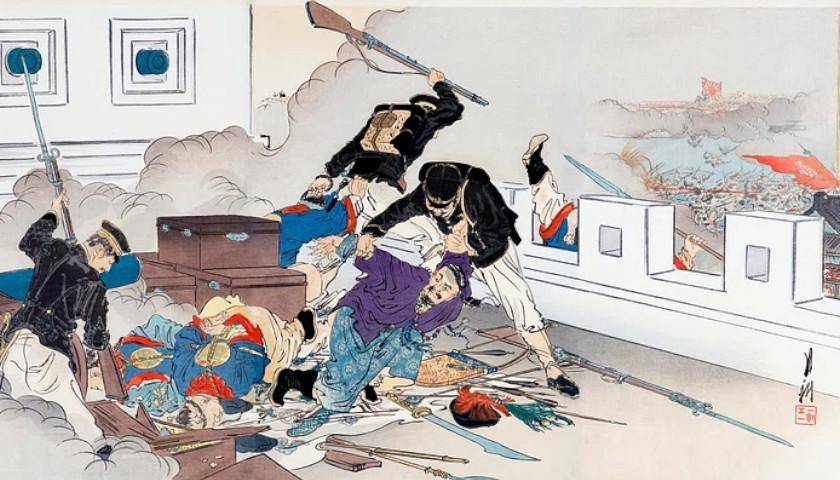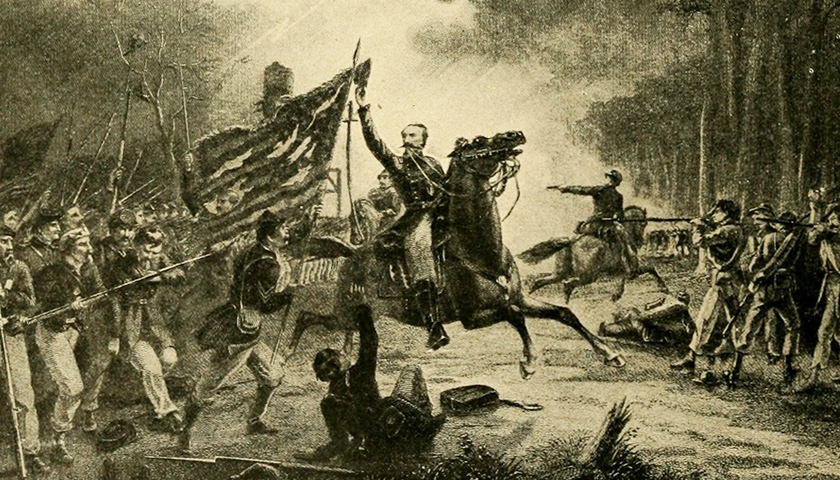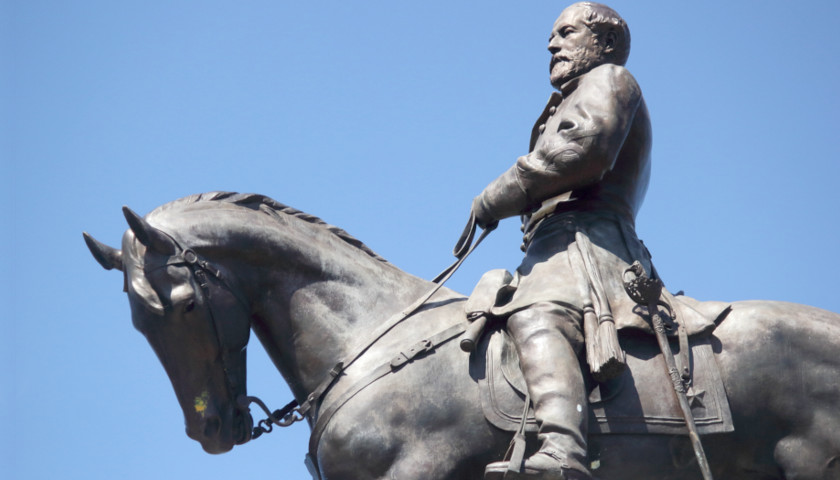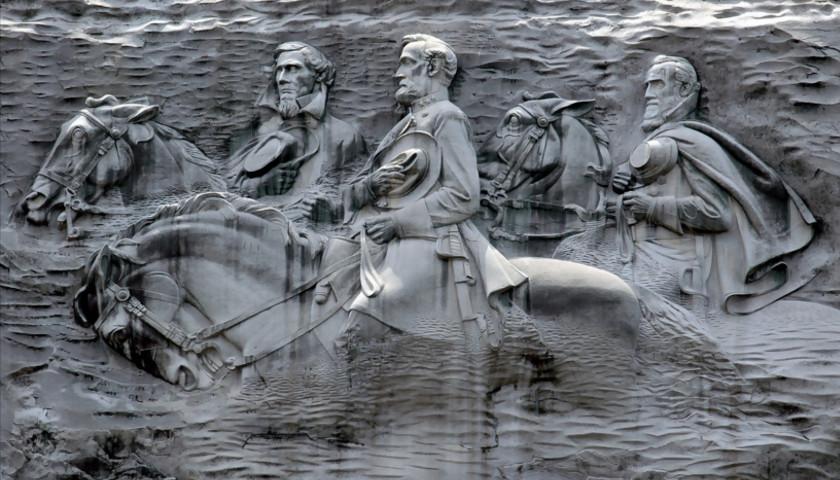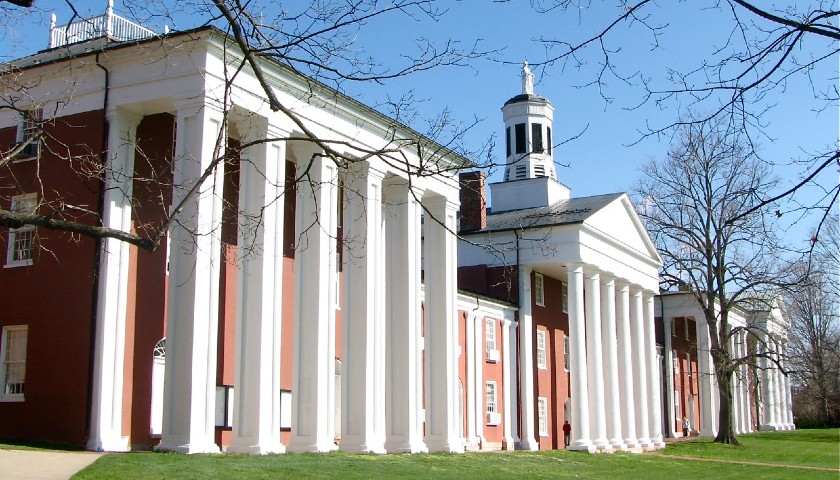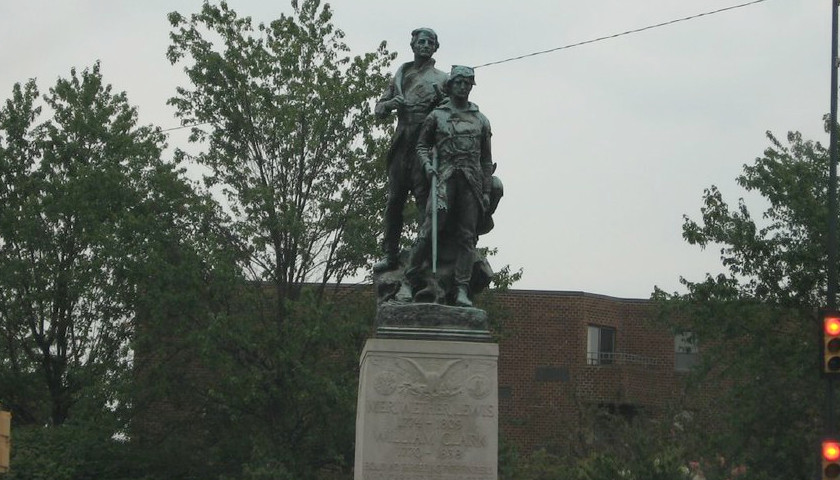“It is well that war is so terrible; otherwise, we should grow too fond of it.”
– Robert E. Lee
“Wars and rumors of wars,” to borrow a well-known Biblical phrase from Matthew 24, seem all too commonplace these days. Is that because more wars are going on now than in the past, or because mass media brings us word of them ‘round the clock? It’s a debatable point.
This much is eminently clear: War dates back as far as the day when Cain slew Abel. It’s doubtful that there ever was a time on Earth when nobody was at war with anybody. It’s a depressingly familiar curse.
Read More
